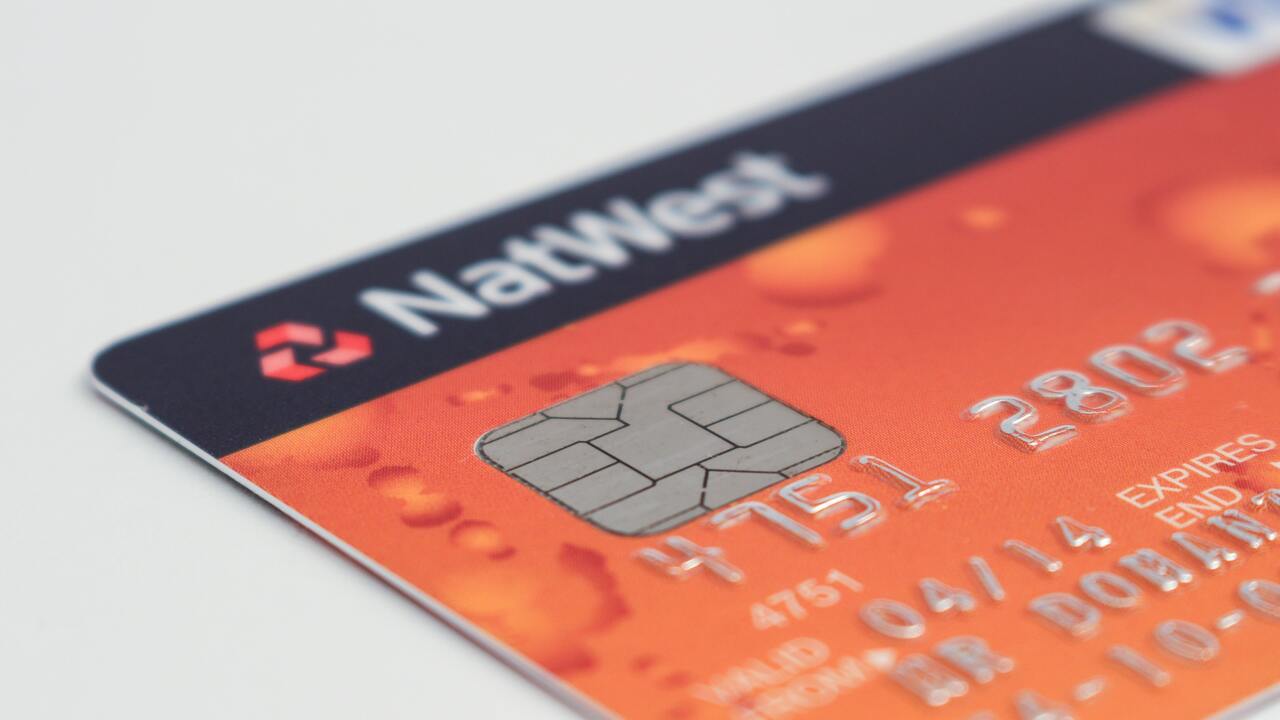A credit score is a numerical representation of a person’s creditworthiness, which is based on their credit history. It’s calculated based on several factors, such as payment history, outstanding debts, length of credit history, new credit accounts, and the types of credit accounts a person has.
Credit scores are typically used by lenders, such as banks or credit card companies, to determine whether or not to approve a person for credit, such as a loan or a credit card. They can also be used to determine the interest rate and terms of the credit.
Credit scores range from 300 to 850, with higher scores indicating better creditworthiness. A score of 700 or higher is generally considered to be good, while a score below 600 may make it more difficult to get approved for credit.
It’s important to maintain a good credit score by paying bills on time, keeping credit card balances low, and avoiding opening too many new credit accounts at once. Having a good credit score can help you get approved for credit at better interest rates and terms, which can save you money over time.
How to maintain a good Credit Score
Maintaining a good credit score requires responsible financial behavior and careful management of your credit. Here are some tips to help you maintain a good credit score:
- Pay your bills on time: Late payments can have a negative impact on your credit score. Set up automatic payments or reminders to ensure that you never miss a payment.
- Keep your credit utilization low: Credit utilization is the amount of credit you’re using compared to the amount of credit you have available. Keeping your credit utilization below 30% can help maintain a good credit score.
- Limit new credit applications: Applying for too much credit at once can have a negative impact on your credit score. Only apply for credit when you need it and avoid opening too many new accounts at once.
- Check your credit report regularly: Review your credit report regularly to make sure it’s accurate and to identify any errors or fraudulent activity. You’re entitled to a free copy of your credit report from each of the three major credit bureaus once per year.
- Keep old credit accounts open: The length of your credit history is a factor in your credit score. Keeping old credit accounts open can help maintain a longer credit history.
- Diversify your credit: Having a mix of credit types, such as credit cards, auto loans, and mortgages, can help maintain a good credit score.
By following these tips and being responsible with your credit, you can maintain a good credit score and improve your financial well-being.
What happens if someone credit score is low
If someone’s credit score is low, it can make it more difficult to obtain credit, such as a loan or credit card. Lenders use credit scores to determine a person’s creditworthiness, and a low credit score can signal to lenders that the borrower may be a higher risk. This can result in the borrower being denied credit, or being approved for credit at higher interest rates and less favorable terms.
A low credit score can also impact other areas of a person’s financial life, such as insurance rates, security deposits, and even job opportunities. For example, some employers may run a credit check as part of the hiring process, and a low credit score could hurt the applicant’s chances of being hired.
In addition to the financial implications, having a low credit score can be stressful and impact a person’s overall well-being. It’s important to take steps to improve a low credit score, such as paying bills on time, paying down debt, and avoiding opening too many new credit accounts at once. By taking these steps, it’s possible to improve a credit score over time and regain access to credit on more favorable terms.
Is credit score is only the factor for getting loans from institutions
Credit score is an important factor that lenders consider when deciding whether to approve someone for a loan or other form of credit. However, it’s not the only factor that lenders consider. Other factors that lenders may consider include:

- Income: Lenders may consider a borrower’s income to determine whether they have the financial means to repay the loan.
- Employment history: Lenders may consider a borrower’s employment history to determine whether they have a stable source of income.
- Debt-to-income ratio: Lenders may consider a borrower’s debt-to-income ratio, which is the amount of debt they have compared to their income. A high debt-to-income ratio may indicate that the borrower is overextended and may struggle to make payments.
- Collateral: Secured loans, such as auto loans and home equity loans, may require collateral. Lenders may consider the value of the collateral when deciding whether to approve the loan.
While credit score is an important factor in obtaining loans from institutions, it’s not the only factor. Lenders consider a variety of factors when making lending decisions, and each lender may have their own specific criteria.
Can low credit score person get loans ?
A person with a low credit score can still get loans, but it may be more difficult and the loan terms may be less favorable. Lenders use credit scores to determine a person’s creditworthiness and ability to repay the loan. A low credit score can indicate to lenders that the borrower may be a higher risk, which can result in the borrower being denied credit or being approved for credit at higher interest rates and less favorable terms.
However, there are lenders who specialize in providing loans to people with low credit scores. These lenders may offer higher interest rates and fees to offset the risk, but they may also offer more flexible lending criteria and faster approval processes. Borrowers with low credit scores may also consider getting a co-signer with good credit to help improve their chances of getting approved for a loan.
It’s important to remember that borrowing money comes with financial obligations, and it’s important to consider the long-term impact of taking on debt. Before applying for a loan, it’s important to carefully review the loan terms, including interest rates, fees, and repayment terms, and to consider whether the loan is affordable and fits within your budget.
How can someone increase there credit score from very low
If someone has a very low credit score, it may take some time and effort to improve it, but it’s possible with careful financial management. Here are some steps that can help increase a low credit score:
- Review credit reports: Review credit reports from all three major credit bureaus (Equifax, Experian, and TransUnion) to check for errors or fraudulent activity. If there are any errors, dispute them with the credit bureaus.
- Pay bills on time: Paying bills on time is one of the most important factors in building good credit. Set up automatic payments or reminders to ensure that you never miss a payment.
- Reduce debt: Paying down debt can help improve credit utilization, which is the amount of credit you’re using compared to the amount of credit you have available. Keeping credit utilization below 30% can help maintain a good credit score.
- Avoid opening too many new accounts: Opening too many new accounts at once can have a negative impact on credit score. Only apply for credit when you need it and avoid opening too many new accounts at once.
- Keep old credit accounts open: The length of credit history is a factor in credit score. Keeping old credit accounts open can help maintain a longer credit history, which can help improve credit score.
- Apply for a secured credit card: A secured credit card requires a deposit, which acts as collateral for the credit limit. Using a secured credit card responsibly and making payments on time can help build credit.
It’s important to remember that improving credit score takes time and effort, and there are no quick fixes. However, by being responsible with credit and taking steps to improve credit habits, it’s possible to improve a low credit score over time.
Does frauds trascations From Card effects Credit Score
Yes, fraudulent transactions from a credit card can have a negative impact on a person’s credit score, but it depends on how the issue is resolved. If a fraudulent transaction is reported promptly and resolved quickly, it may not have a significant impact on the credit score. However, if the fraudulent transaction goes unnoticed or unresolved for a long time, it can lead to missed payments or collections accounts, which can negatively impact credit score.
To minimize the impact of fraudulent transactions on credit score, it’s important to report any suspicious activity to the credit card issuer as soon as possible. The credit card issuer can then investigate the issue and work with the cardholder to resolve it. Cardholders should also regularly monitor their credit reports and credit card statements to check for any unauthorized transactions.
It’s also important to note that fraudulent transactions on a credit card do not necessarily mean that the cardholder is responsible for the charges. Credit card companies typically have fraud protection policies in place to protect cardholders from fraudulent charges. However, it’s important to review the terms and conditions of the credit card to understand the cardholder’s liability in case of fraud.
What Is Credit Score
A credit score is a numerical representation of a person’s creditworthiness, which is based on their credit history.
How to maintain a good Credit Score
Maintaining a good credit score requires responsible financial behavior and careful management of your credit.
Is credit score is only the factor for getting loans from institutions
Credit score is an important factor that lenders consider when deciding whether to approve someone for a loan or other form of credit.
Can low credit score person get loans ?
A person with a low credit score can still get loans, but it may be more difficult and the loan terms may be less favorable.








